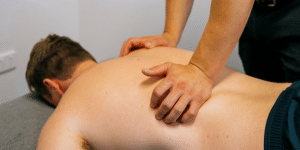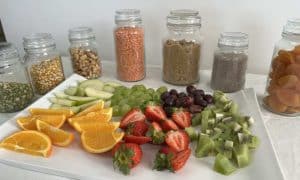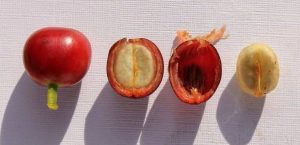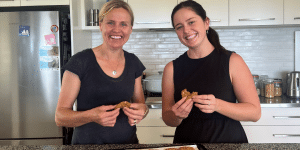What is sugar doing to your body?

It may surprise you, but your writer has a huge sweet tooth. So I have a personal interest in finding a way to eat sugary foods in a healthy way.
There is no doubt that sugar contributes to poor health when consumed in excess
Each day, Australians consume on average more than 20 teaspoons of sugar.
- It contributes to weight gain and rots our teeth
- More than 1 million Australians have Type 2 Diabetes, fueled by overeating and a lack of exercise
- At number three, even ahead of eating more vegetables, is advice to limit consumption of energy-dense foods – foods high in fat or added sugars – and sugary drinks.
Is sugar solely to blame for the diabetes and obesity epidemics?
All calories are equal, that’s thermodynamics. You can’t gain weight unless there’s more energy going into your body. Whether those calories are from sugar, fat, protein of alcohol, they all add up and determine our weight.
Learn More: Beating Diabetes: Mick’s Story
People often say that they’ve lost weight and all they did was to ‘cut out sugar’. Is it really that simple?
On further discussion, they’ve cut out LOTS of things that contain sugar – muffins, ice-cream, chocolate, lollies, soft drink and desserts. They’ve removed added sugar but they have also reduced fat and refined carbohydrates which often accompany sugar. These all add kilojoules/calories and it’s these that go to create a calorie deficit. Sugar is only part of the problem and focusing on sugar alone makes it easy to overlook other culprits.
Take home message
- Let’s not miss the point that health and weight is not purely about sugar but about processed food and our total diet.
- Reducing sugar helps reduce the amount of processed foods and increases our intake of home-cooked, whole foods using basic ingredients.
- If you eliminate all foods that contain sugar, what you’re left with is diet of meat/fish/chicken/eggs, vegetables, salads, whole grains, nuts, avocado, plain dairy, fats and oils. There’s no dessert, no muesli bar at morning tea, and no after-dinner chocolate. Oh and no alcohol!
- Eating sugar less often and in smaller amounts is the key to maximising health but lighting up the pleasure centres in our brain more effectively.
- As usual the message is, MODERATION is what works!






